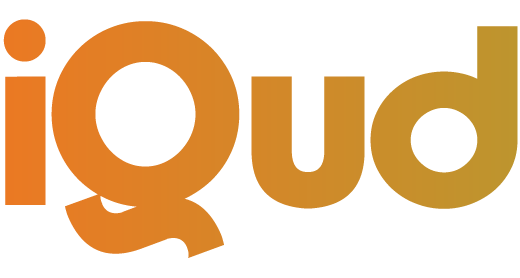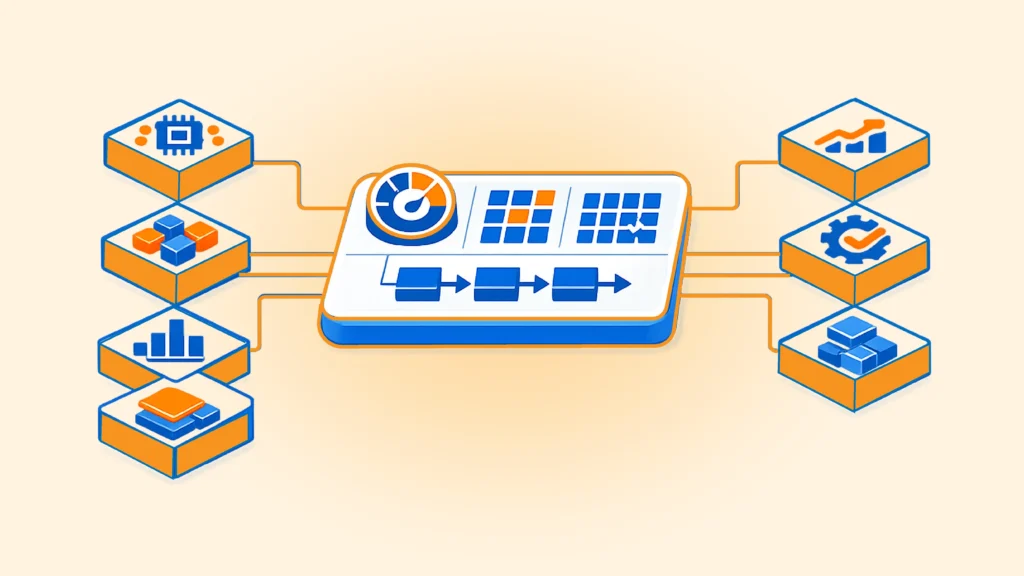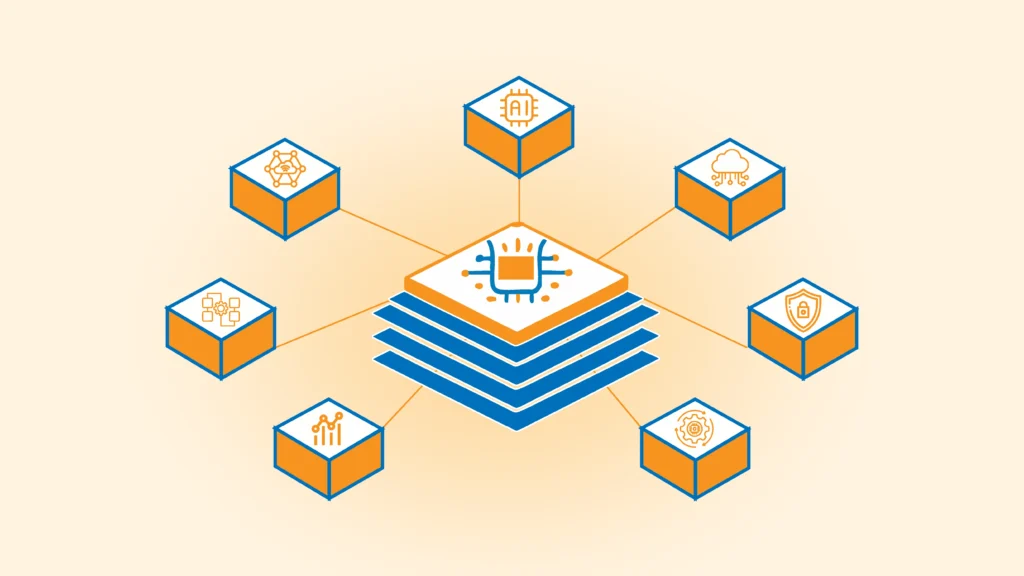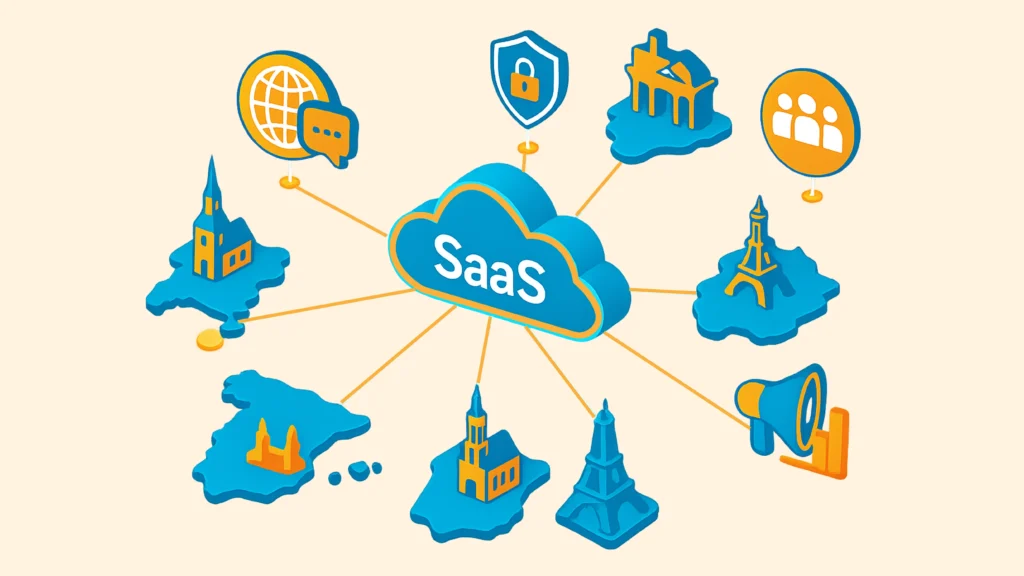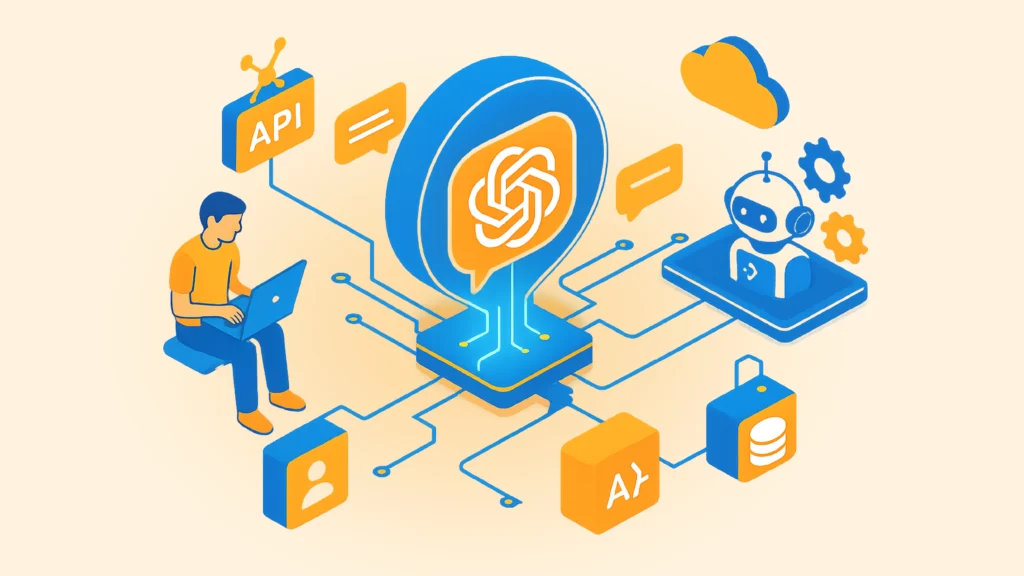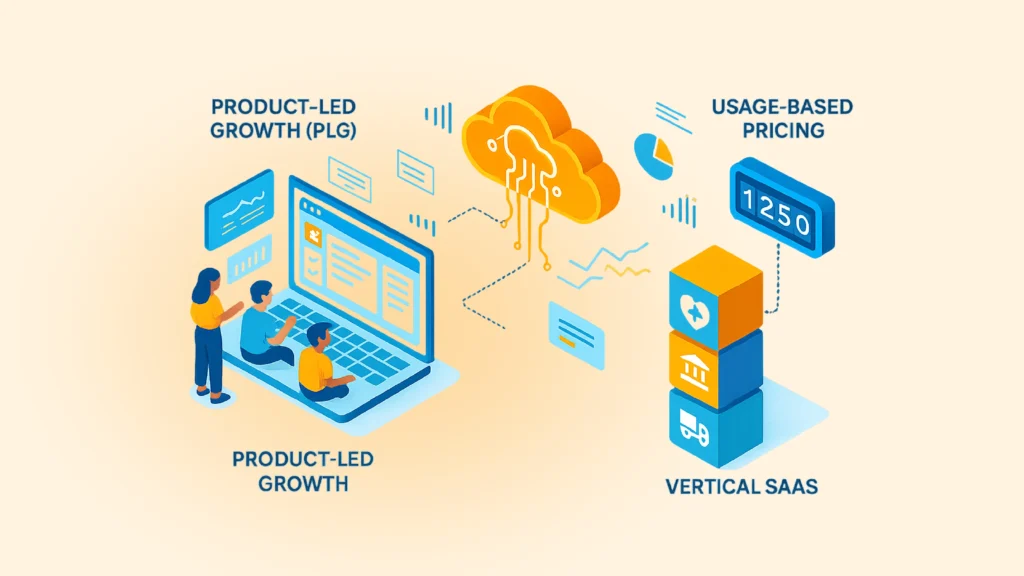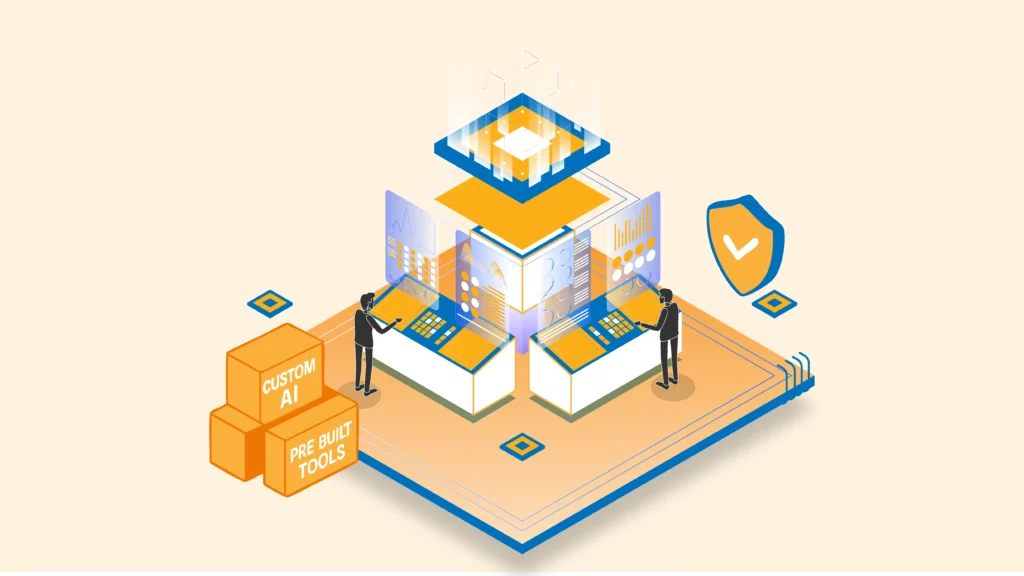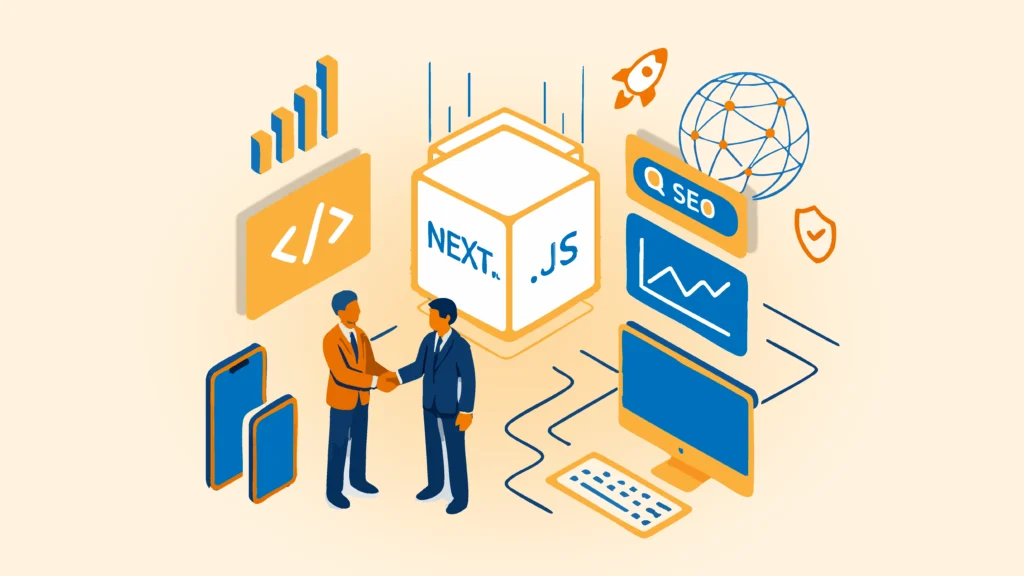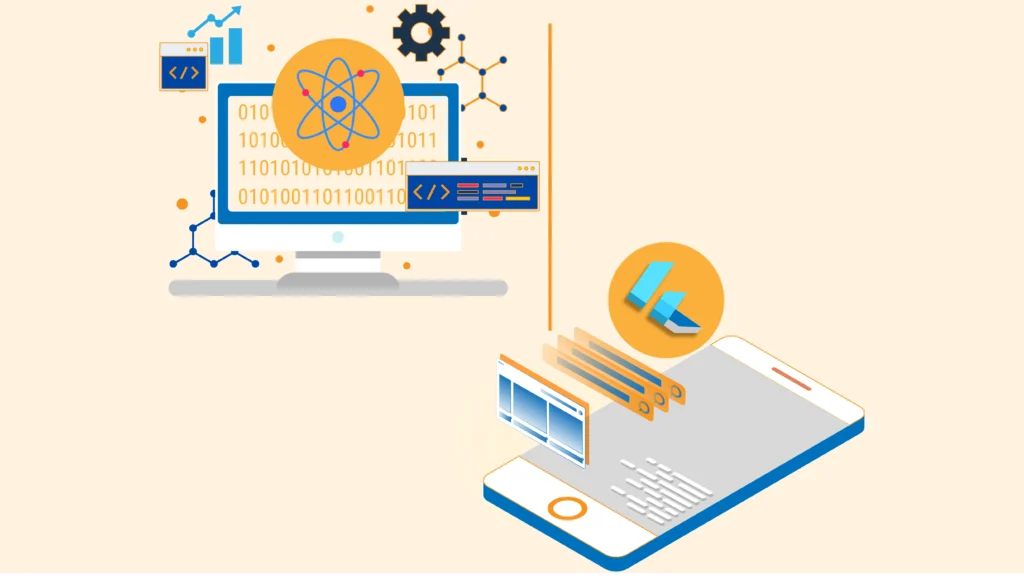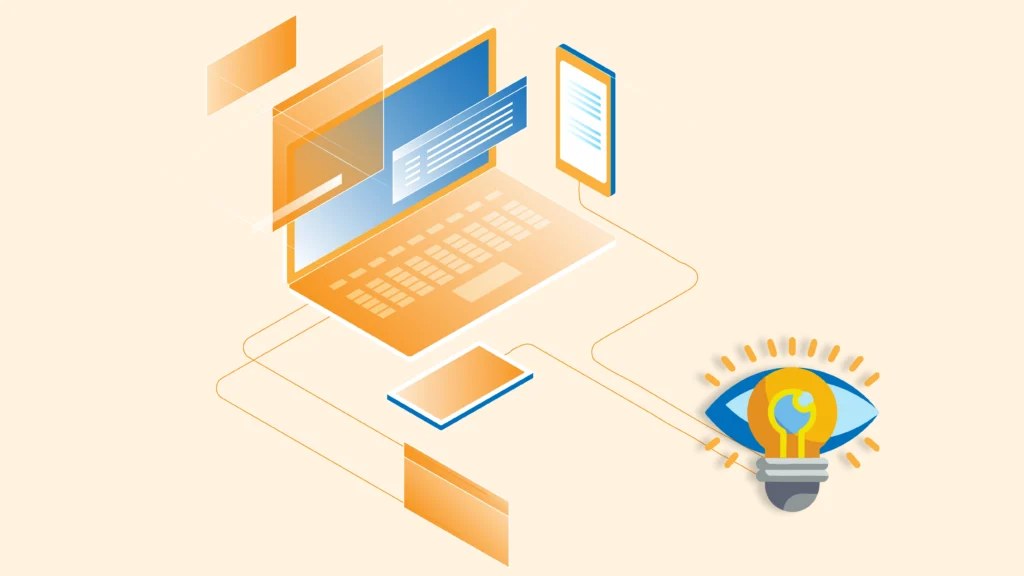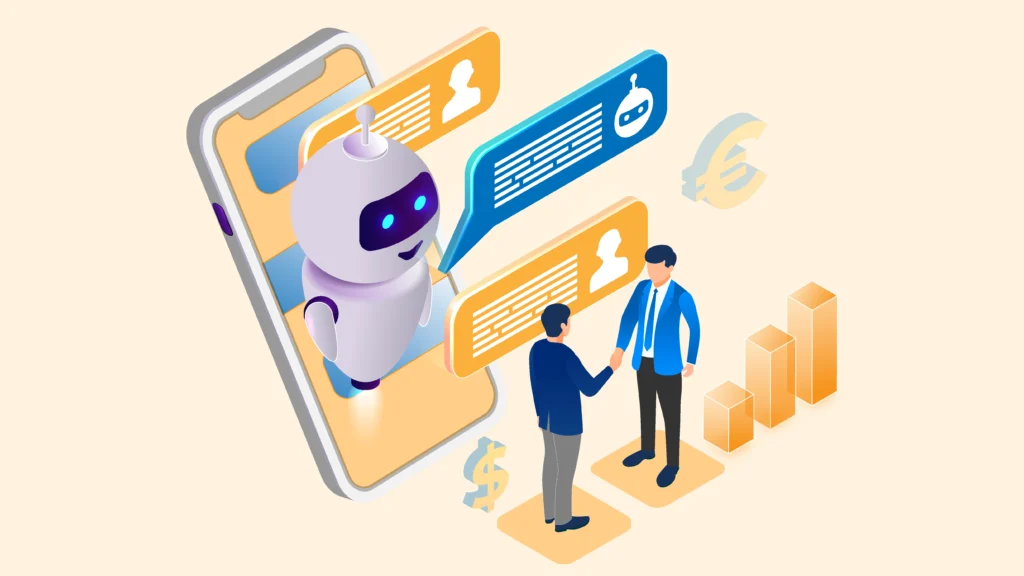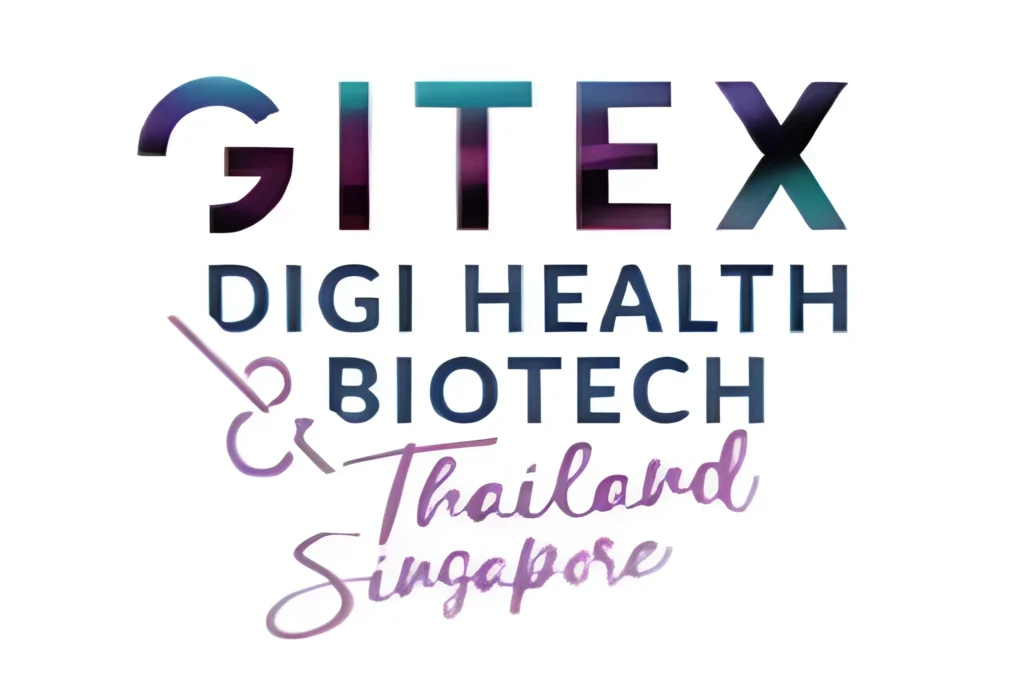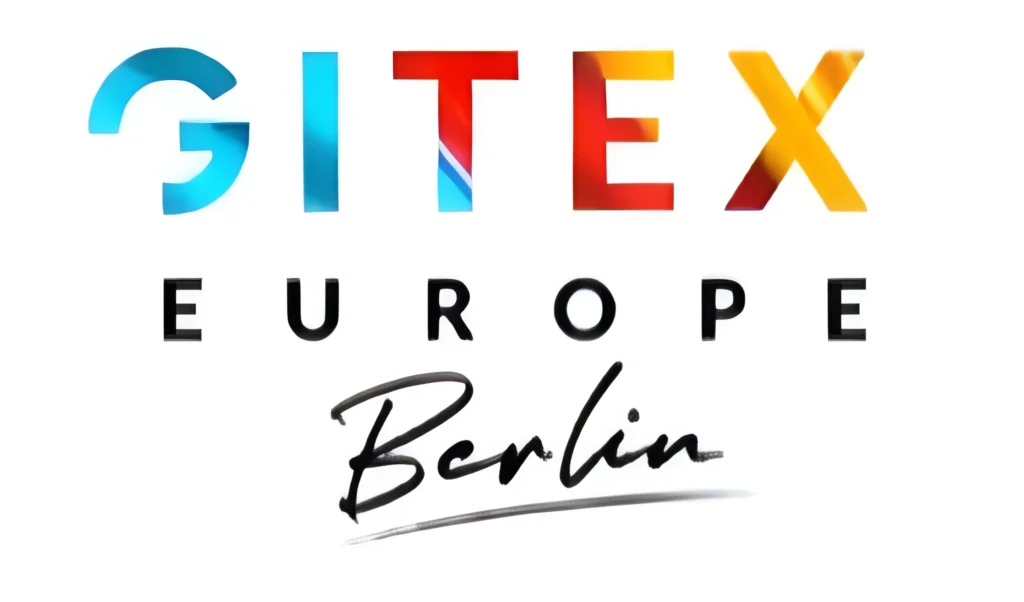Healthcare Chatbots—Your Ultimate Solutions for Endless Queries
Healthcare Chatbots—Your Ultimate Solutions for Endless Queries
- November 25, 2025
- 12 Mins Read
Introduction
- What are healthcare chatbots?
- Why are they becoming essential in modern healthcare?
- Use cases and benefits for patients, hospitals, and insurers
- Technologies behind intelligent healthcare chatbots
- Challenges in implementation
- Future of healthcare chatbots
- Real-world examples transforming care delivery
What are healthcare chatbots?
Features the chatbot delivers are:
- Responding to medical queries.
- Online appointment bookings.
- Medication notifications, alerts, and reminders set up.
- Initial healthcare symptoms analysis.
- Mental health assistance.
- Claim processing and easy query handling.
Why are they Becoming Essential in Modern Healthcare?
The era of the 21st century is all about the healthcare industry, which is fast-paced and is transforming traditional care to modern AI-powered care. AI-powered healthcare chatbots are one of the latest and leading transformations, changing how care is delivered.
Just like other apps, healthcare chatbots have become the most essential requirement in our day-to-day lifestyle. From having 24/7 support to helping patients book appointments and managing chronic conditions—all without standing in long queues or unnecessary visits to the clinics.
Here are key points that lead the way to being more responsive in understanding why healthcare chatbots are essential.
- 24/7 Availability: Patients can ask multiple questions without waiting for the clinics to open for long hours.
- Operational Cost Reduced: Administrative work is reduced due to the chatbot handling repetitive queries and tasks.
- Improved Patient Engagement: Trust and faith of the patients are motivated as the chatbots respond to their queries and concerns immediately.
- Scalable Support: For the hospitals and large healthcare campaigns, the healthcare chatbots can easily handle bulk queries at one single go.
- Faster Triage: Healthcare information collected by the bot helps understand the problem and directly connects with the doctor for further consultations and assistance.
According to Juniper Research, chatbots are expected to save $3.6 billion globally in healthcare costs by 2025.
Use Cases and Benefits
For Patients
- Prompt Symptom Check: The AI chatbot connects the patients to the immediate healthcare staff based on the symptoms shared for immediate assistance.
- Booking Appointment: The process of making an appointment becomes quicker, faster, and easier for the users. because of AI-powered chatbots.
- Medication Reminder: Getting auto-alerts and notifications on their smart devices, the medication ratio has increased drastically amongst the patients.
- Mental Health Support: For any type of anonymous thought a user is going with, the bot instantly provides them a platform where they can share their concerns. It, therefore, helps connect the therapist directly and with immediate assistance.
- Post-Treatment Care: Follow-ups and doubts of the patients are handled effectively with the help of auto-reminders and alerts sent to the patients.
For Healthcare Providers
- Simplified Patient Care: The pre-filled consultation form filled out by the AI chatbot helps reduce doctors’ consultation time before the visit of the patient to the hospital.
- Reduced Front Desk Load: The medical staff can focus on other operational tasks of the hospitals and clinics only because the AI chatbot handles routine queries.
- Improved and Increased Patient Care: Patient care improves to a great extent due to real-time answers to their queries, experiences, and satisfaction level.
- Data Collection for Analysis: Structured data is collected by the chatbot to help plan better diagnoses along with operational planning and targeted patient engagement campaigns.
For Insurance Companies
- Auto-Claim Processing: Chatbots help the users guide through claim filing, along with required documents. Also, users can track the status of their requests.
- Handling Policy Queries: The call center workload and the call counts reduce to a great extent as the chatbot handles the repetitive queries raised by the users.
- Fraud Detection Support: AI models can detect anomalies in claims based on the consistency of the data during interaction.
Check out our latest blog on future of healthcare right on your finger tips.
Smart. Seamless. Supportive. The Future of Healthcare Is in Your Hands
Technologies behind the Intelligent Clinical Chatbot
- Natural Language Processing (NLP): The process of understanding medical terms and patients’ queries and delivering meaningful replies to them in the chatbot is possible with the help of natural language processing.
- Machine Learning (ML): Over the period it improves the accuracy of the responses by understanding the data from the historical interactions.
- Speech Recognition & Synthesis: For elderly patients and visually impaired users, it allows voice-based interactions.
- Backend Integrations (EHR/EMR): The integrated chatbots with EHR securely fetch the patient’s data, providing them personalized assistance.
- Cloud Computing & APIs: Chatbot performance work flexibility due to its uninterrupted and scalable infrastructure.
Challenges in Implementing Health AI Bot
- Data Privacy and Security: Data safety of the patient is the key aspect and thus it is necessary to have these data encrypted. This encryption is integrated with HIPAA and GDPR. It helps protect the data and avoid breaches.
- Medical Accuracy and Liability: Patients’ health cannot be compromised or risked due to incorrect symptom analysis. The bot, therefore, needs robust validation and thus demands timely professional training and updates.
- User Trust and Adoption: Some patients demand human interaction over AI-powered chatbots. Thus, to deliver a realistic experience, the chatbot is trained with capabilities and understanding to respond to the patient’s query.
- Multilingual Support and Assistance: Serving diverse populations globally demands NLP models, and thus they are trained to a great extent, supporting multiple languages and regional dialects to ensure inclusivity.
- Integration Complexity: Pharmacy platforms demand careful architecture planning, and thus they demand seamless chatbot connection across hospital systems, appointment scheduling, and other platforms.
Future of Digital Health Assistant
- AI-Doctor Collaboration: To optimize consultation time, chatbots perform pre-assessments and summarize key points for the doctors. It assists in channelizing the work and saves time to a great extent.
- Wearable Device Integration: To help users with necessary and proactive recommendations, wearable devices tend to play an essential role. It is the bot that analyzes the real-time data from fitness trackers, glucose monitors, and heart rate sensors.
- Mental Health and CBT Bots: The chatbot acts as a human therapist. Here is the chatbot that delivers stable healthcare sessions with advanced CBT therapy and mental health exercises.
- Chronic Disease Management: Personalized training and coaching is provided by the bot to the users based on the chronic diseases like asthma, diabetes, hypertension, or blood pressure.
- Multimodal Bots: Multiple combinations like text, voice, and image recognition assist users in identifying the medication and wound analysis through camera inputs.
Real-World Examples Transforming Care
- Babylon Health (UK): Babylon’s AI chatbot helps assess the symptoms and allocate the care of the patients appropriately. It is integrated with NHS services, making healthcare more feasible and accessible.
- Ada Health (Germany): Ada’s chatbot collects necessary health symptoms, helping them provide better suggestions with probability rankings. It indeed helps us understand the health status of millions globally.
AI-powered doctor-patient virtual appointments are the new era of our healthcare sector.
- Woebot (USA): Woebot is a mental health chatbot providing care with conversational support related to anxiety and depression.
- Buoy Health (USA): The users can easily get in touch with the healthcare professionals on the basis of the health symptoms shared.
Conclusion: Chatbots—Empowering a Smarter Healthcare Future
Healthcare chatbots are no longer meant to be an optional digital tool. It is becoming an inseparable and indispensable virtual companion caring for the healthcare ecosystem. From understanding endless patient queries to handling them precisely with actionable insights, AI chatbots are raising the bar in redefining healthcare accessibility with efficiency and quality.
Technologies like NLP enhanced the Data Security and medical accuracy, empowering the strongest futuristic pillars towards AI-human collaboration for holistic healthcare delivery. Patients here get instant healthcare assistance through the professionals, which helps save time in critical cases. It further streamlines the health claims for the insurers benefiting in this intelligent cycle.
Frequently Asked Questions
Yes, with the help of NLP-integrated technology, the bot integrates support for multiple languages.
